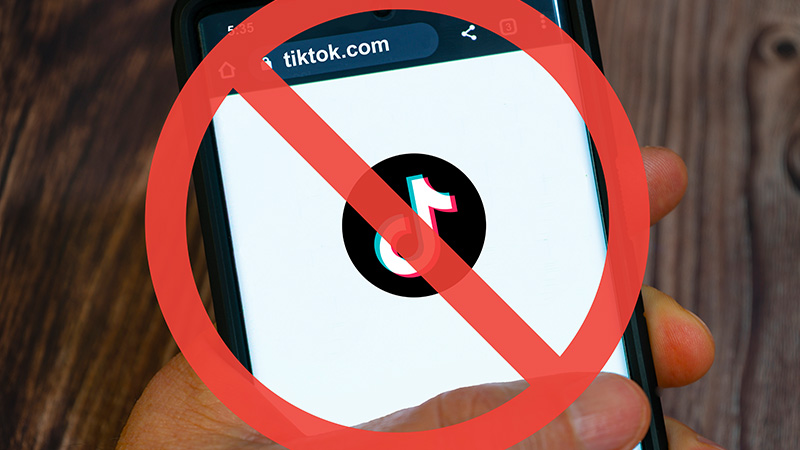These measures come as President Emmanuel Macron seeks to reinforce France’s strategic interests in the Pacific amidst competition from global powers like China and the United States.
France has imposed a state of emergency in New Caledonia in response to protests and riots, leading to a ban on TikTok as authorities seek to stabilize the region. The French government has taken these measures to address the unrest that erupted after a contentious vote extending voting rights in the territory’s provincial elections and is the latest example of a government restricting internet access as a means to control citizens.
The local government representative in New Caledonia, under the directive of the newly declared state of emergency, took the significant step of banning TikTok, citing public safety concerns. This action was part of broader measures that included increased powers for security forces such as house detentions, weapon seizures, and restrictions on movement to prevent further disorder.
Prime Minister Gabriel Attal emphasized the necessity of these measures, stating, “No violence will be tolerated,” and highlighted the deployment of troops to secure critical infrastructure like ports and the international airport, which is already closed to international flights. The announcement followed shortly after the death of a French gendarme injured in the riots, bringing the death toll to four, as confirmed by Interior Minister Gérald Darmanin.
According to France 24, the violence began following approval of a bill by the French National Assembly, which aimed to expand the electorate in New Caledonia’s provincial elections by including residents from mainland France, a move critics argue could undermine Indigenous influence in favor of pro-France politicians. The reform passed amidst intense debates with a vote of 351 to 153.
These measures come as President Emmanuel Macron seeks to reinforce France’s strategic interests in the Pacific amidst competition from global powers like China and the United States. The recent riots reflect deep-seated tensions within New Caledonia, particularly among the Indigenous Kanak population, who have historically been wary of French attempts to assert control.
In recent years, governments around the world have increasingly turned to internet shutdowns as a tool to manage civil unrest and curtail riots, raising significant concerns about the infringement on civil liberties. This tactic involves restricting access to the internet or certain social media platforms to disrupt communications and organization among protesters.
For instance, during the 2019-2020 protests in India against the Citizenship Amendment Act, the government imposed multiple internet shutdowns. These were particularly pronounced in regions like Kashmir, where the longest internet blackout in a democracy severely limited the ability of citizens to communicate and access information. Human rights organizations criticized these actions for violating the freedom of expression and the right to information, highlighting how such shutdowns can isolate entire communities and prevent the dissemination of vital public information.
Iran has repeatedly demonstrated the use of internet shutdowns as a strategy to suppress dissent and manage civil unrest. In 2022, amid protests following the death of Mahsa Amini while in the custody of the morality police, the Iranian government again resorted to internet restrictions. These included throttling data speeds and blocking access to popular social media platforms like Instagram and WhatsApp, which are commonly used by Iranians to mobilize and report on real-time events. The government’s official stance was that such measures were necessary to maintain national security and public order.
TRINITY OF SATAN: King Charles III’s Official Portrait Is Clearly Demonic


